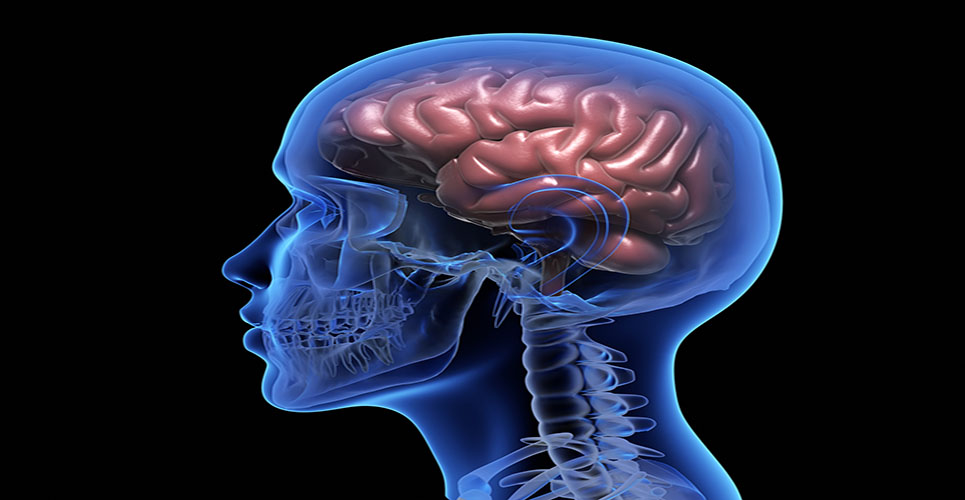teaser
New long term data showed that Vimpat (lacosamide) provided sustained reduction in seizure frequency for up to five years when used as an add-on treatment for uncontrolled partial onset seizures in adults with epilepsy.
In addition post-hoc exploratory analyses showed that adjunctive lacosamide treatment reduced partial-onset seizure frequency and improved responder rates when added to a broad range of antiepileptic drugs (AEDs) including both traditional sodium channel-blocking agents and those that act on non-sodium channel-targets. These and other data were presented this week at the 9th European Congress on Epileptology (ECE), in Rhodes, Greece.
“The new data showed that lacosamide provided long-term additional partial-onset seizure control when added to a broad range of AEDs and when current therapy was not enough.” said Dr Jacqueline French, Professor in the department of Neurology, NYU Comprehensive Epilepsy Centre, US.

In addition, laboratory results of the first direct in-vitro comparison of lacosamide with other AEDs were also presented at the Congress and provided additional evidence of lacosamide’s novel mode of action.
In the European Union, Vimpat (film-coated tablets, syrup, and solution for infusion) is approved as adjunctive therapy for the treatment of partial-onset seizures with or without secondary generalization in patients with epilepsy, aged 16 years and older. Vimpat is approved in the US as an add-on therapy for the treatment of partial-onset seizures in people with epilepsy who are 17 years and older, and is available as oral tablets, oral solution and as an intravenous (IV) injection. The maximum recommended daily dose for Vimpat in the European Union and the US is 400 mg/day. Vimpat solution for infusion may be used when oral administration is temporarily not feasible. Vimpat has a novel mechanism of action that is different from all currently available AEDs, although the precise mechanism by which Vimpat exerts its antiepileptic effect in humans is yet to be fully elucidated.

